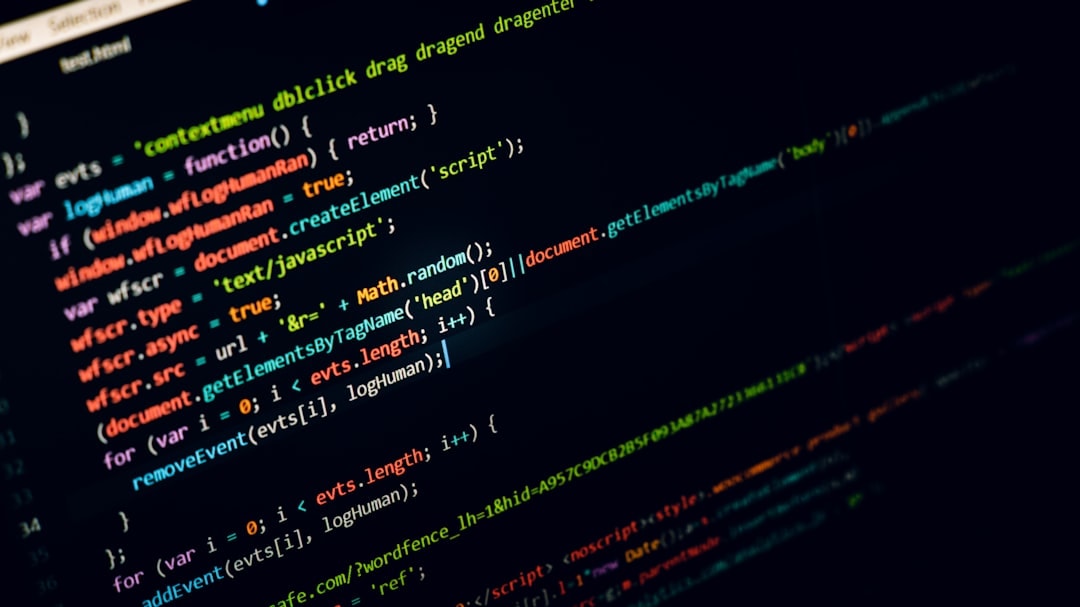Artificial intelligence (AI) has rapidly become a significant component in software development, offering tools that can assist in tasks ranging from code completion to automated testing and bug fixing. However, integrating AI tools into the coding ecosystem presents several challenges that developers, organizations, and stakeholders need to navigate carefully.

Complex Integration with Existing Systems
One of the primary obstacles is the integration of AI tools with existing development workflows and legacy systems. Many companies operate on legacy codebases that are not built with modern standards in mind. AI coding tools often rely on clean, structured code to function optimally. Integrating these tools into a disorganized or outdated system can be complex, expensive, and time-consuming.
Data Privacy and Security Concerns
AI models require large datasets to operate effectively. This often includes analyzing code repositories that may contain sensitive or proprietary information. Ensuring data privacy and compliance with regulations like GDPR can become a significant hurdle. Companies must carefully assess what code can be exposed to external AI services and what must remain private.
Accuracy and Reliability
While AI tools can suggest code snippets, identify bugs, and even write small programs, they are not foolproof. The accuracy of AI-generated code is highly dependent on the training data and the context in which it is applied. Sometimes, these tools can produce code that is syntactically correct but logically flawed, leading to difficult-to-detect bugs or performance issues.
Resistance from Developers
Developers can be hesitant to adopt AI tools, either due to a lack of trust or fear of job displacement. There’s a perceived risk that AI may eventually replace human coders. This skepticism can hinder widespread adoption, especially among experienced programmers who are confident in their abilities and prefer full control over the development process.

Training and Skill Gaps
Implementing AI in coding requires not just technical integration, but also a skilled workforce that understands how to use these tools effectively. Many developers are unfamiliar with how AI tools operate, what their limitations are, and how to interpret their outputs. Organizations must invest in training and upskilling their teams to get the most out of these technologies.
Cost of Implementation
Deploying AI tools isn’t cheap. From licensing fees to infrastructure upgrades and onboarding, the initial and ongoing investment can be substantial. For startups and small businesses, this financial barrier may outweigh the potential productivity benefits, at least in the short term.
Ethical and Bias Issues
Another major challenge is ensuring that AI-generated code does not perpetuate existing biases or unethical practices. If the AI is trained on biased or flawed datasets, it can reenact those biases in its output. For example, tools that auto-generate comments or documentation could unintentionally use non-inclusive language or reinforce stereotypes.
Keeping Up with the Pace of Innovation
The AI landscape is evolving rapidly. Tools that are state-of-the-art today might be outdated within a year. For organizations, this creates an ongoing need to evaluate, test, and potentially replace AI tools regularly, which can strain resources and attention from core business functions.
Conclusion
AI tools for coding hold transformative potential, but their implementation is fraught with challenges ranging from technical compatibility and data protection to developer acceptance and ethical considerations. Organizations looking to leverage AI in development must approach this transformation strategically, balancing innovation with diligence.
Frequently Asked Questions (FAQ)
- Q: Can AI fully replace human developers?
A: No, AI is designed to assist, not replace, human developers. While it can handle repetitive tasks or offer suggestions, creativity, critical thinking, and domain-specific knowledge still require human input. - Q: Are AI coding tools safe for use with proprietary code?
A: It depends on the tool. Some tools operate locally on secure servers, while others require cloud access. Always check the data privacy policies and configurations before use. - Q: Do all developers need to learn about AI to remain relevant?
A: While not mandatory, understanding AI tools can enhance productivity and career opportunities. A basic knowledge of how these tools work can be very beneficial. - Q: How accurate are code suggestions from AI tools?
A: The accuracy varies based on the tool and context. Suggestions are often helpful but should be reviewed and tested thoroughly before deployment. - Q: Are AI tools expensive to maintain?
A: Yes, the total cost of ownership can include licensing, infrastructure upgrades, and training, making it potentially expensive for smaller teams or startups.

